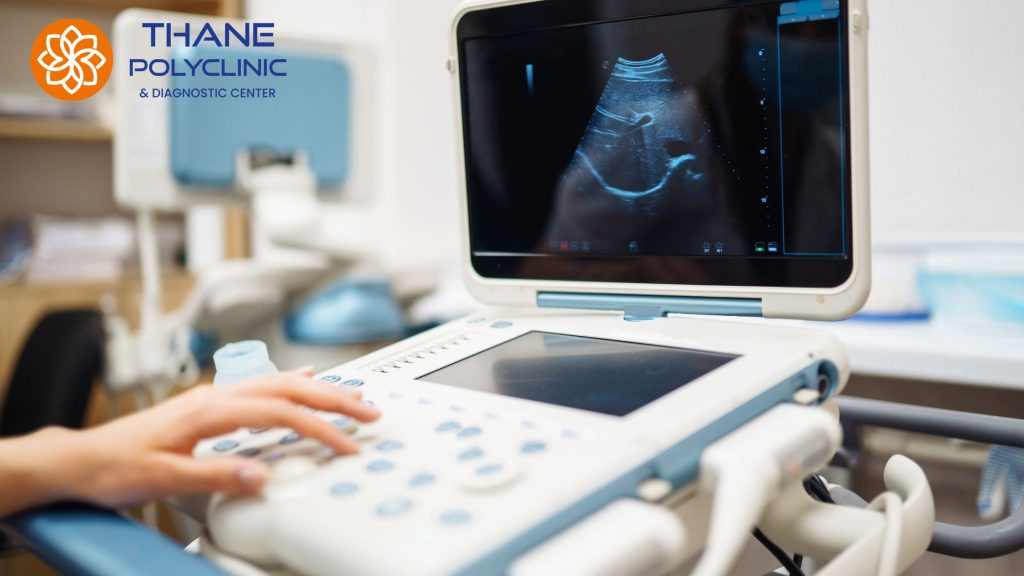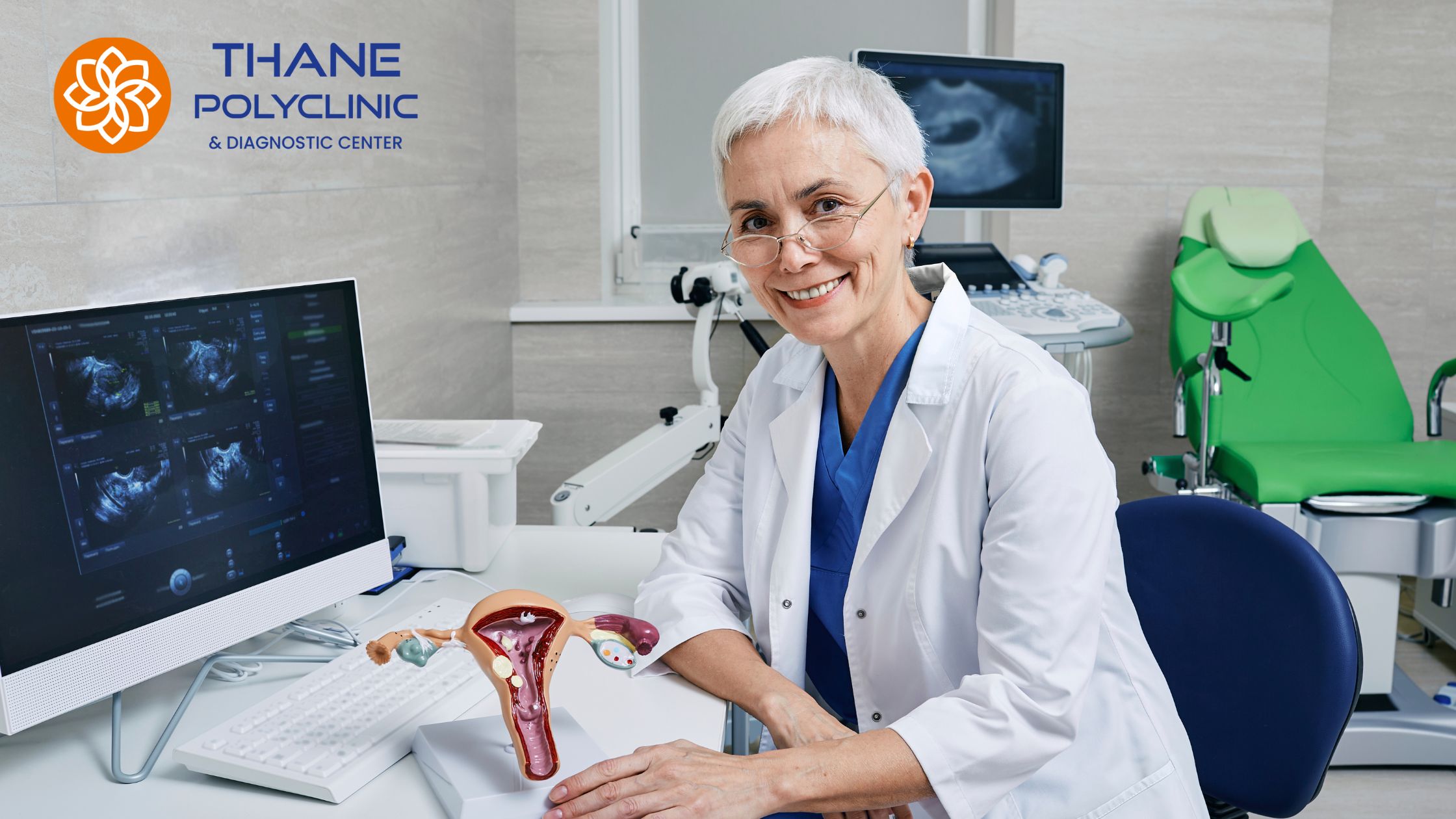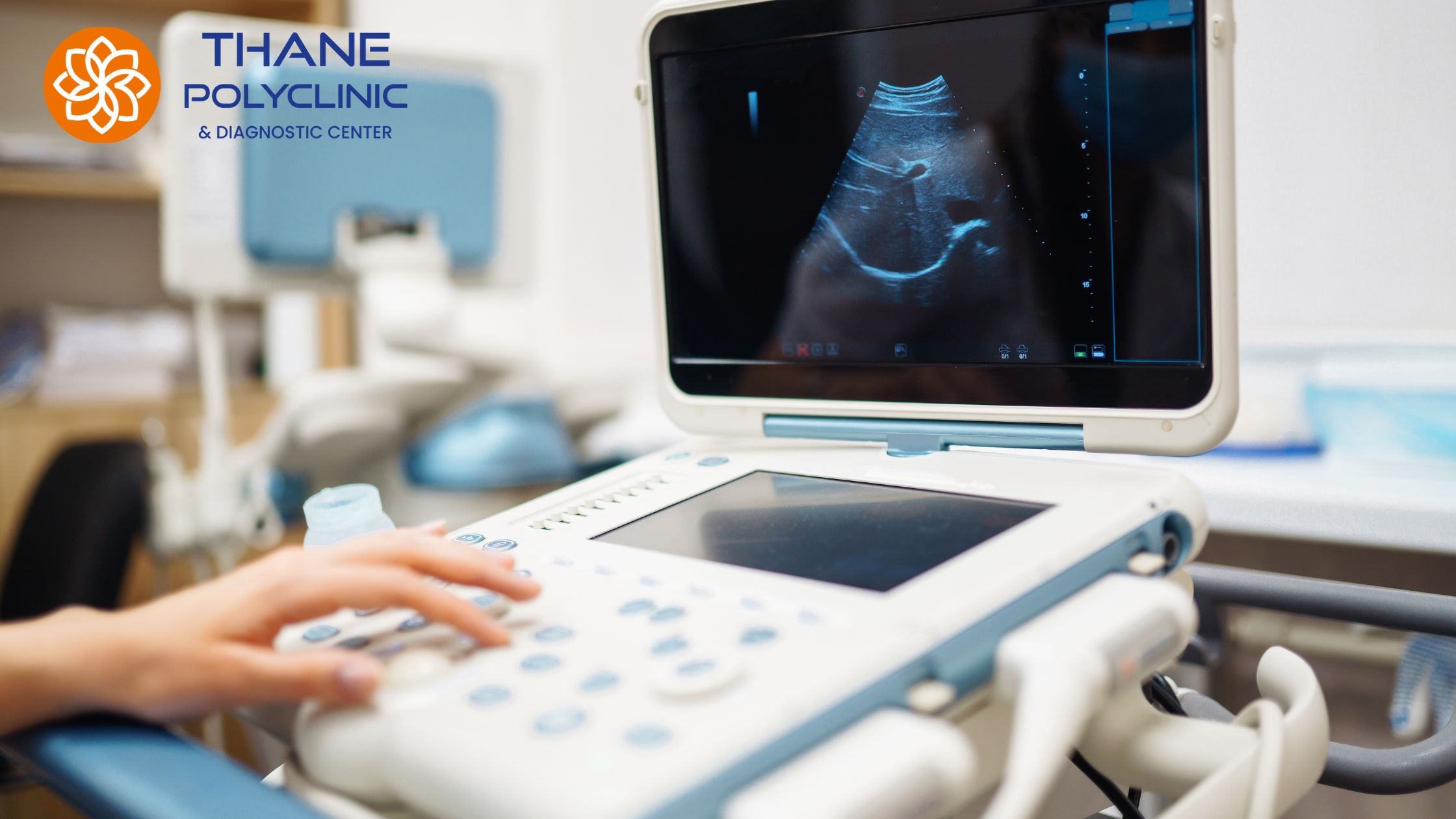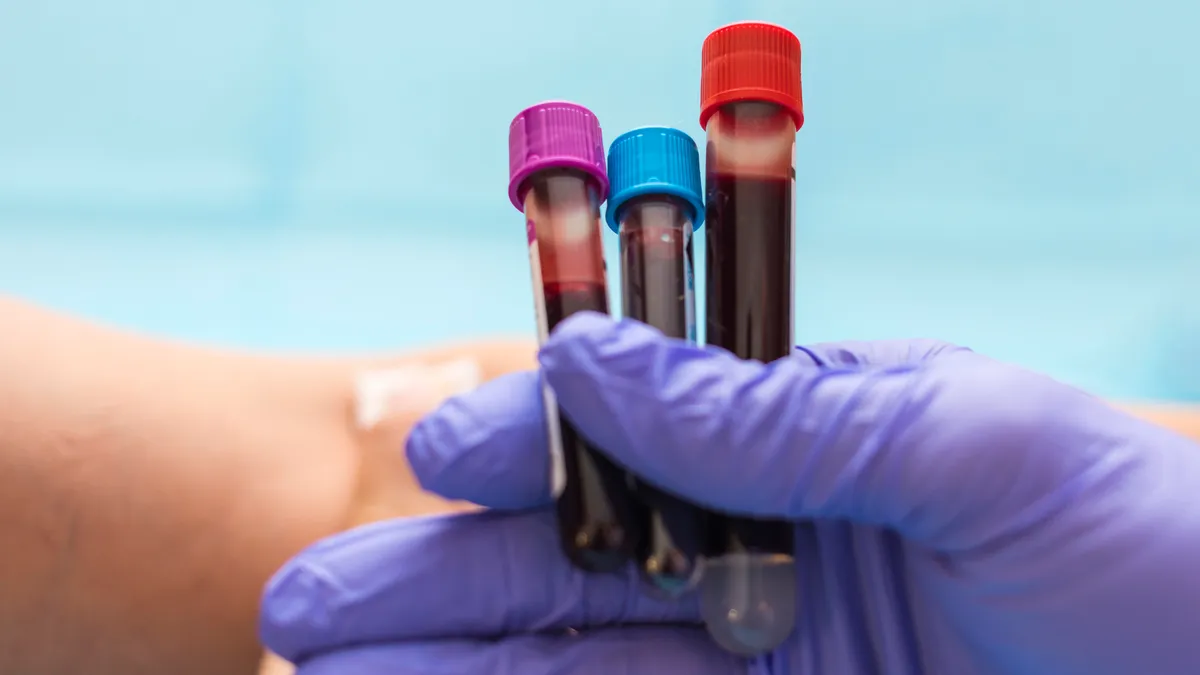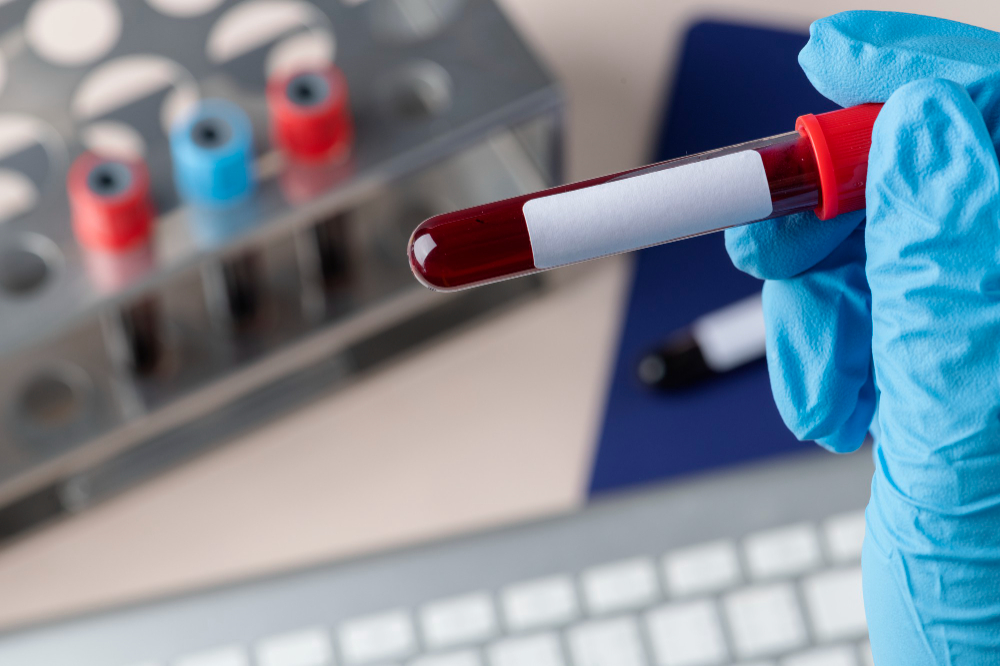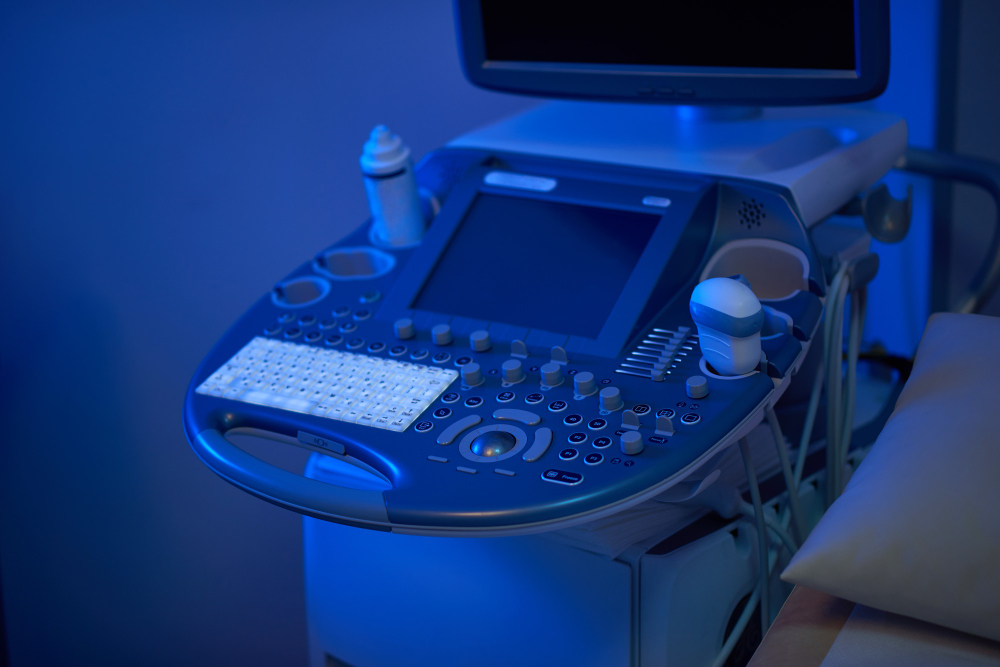Introduction
Pregnancy is often described as a journey — and rightly so. From the day you see those two pink lines to the day you hold your baby in your arms, it’s a rollercoaster of excitement, curiosity, and sometimes nervousness. One of the most reassuring parts of this journey is being able to actually see your baby growing inside you. And that’s made possible through sonography in pregnancy.
For many parents, their first pregnancy sonography scan is an emotional milestone — seeing that tiny flickering heartbeat on the screen makes everything feel real. But beyond the joy, sonography plays a vital role in checking your baby’s health and your own well-being during each stage of pregnancy.
At Thane Polyclinic, we meet expectant parents every single day, and one of the most common questions is: “What happens in each sonography? Why do I need so many scans?”
This blog is written to answer exactly that. We’ll break down what sonography means, why it matters, and what you can expect during each trimester sonography scan — all explained in a way that’s easy to understand and reassuring for parents-to-be.
Pregnancy Sonography: More Than Just a Scan
So, what exactly is pregnancy sonography?
Simply put, it’s an ultrasound — a safe test that uses sound waves to create real-time images of your baby inside the womb. There’s no radiation, no side effects, and it has been used for decades to make sure pregnancies are healthy.
But pregnancy sonography is more than just a medical check-up. It’s also:
- Reassurance for parents: Every scan confirms that your baby is doing well.
- An early warning system: It helps doctors catch any problems early.
- A way to track growth: From heartbeat to weight, everything is measured carefully.
- A bonding experience: The first time you see your baby move or kick on screen is magical.
At Thane Polyclinic, we often say: “Every sonography tells a new chapter of your baby’s story.”
Why Sonography in Pregnancy Matters
Every pregnancy is different. Some women may need only the standard scans, while others may require a few extra ones if their doctor wants to monitor something closely. Either way, the benefits of sonography in pregnancy are huge:
- It gives you peace of mind that your baby is safe.
- It helps doctors plan your care better.
- It builds trust — you’re not just told your baby is healthy, you get to see it yourself.
Think of sonography as a guiding light through the months of pregnancy — gently leading you and your doctor toward the safest delivery possible.
Trimester Sonography Scan: A Quick Look
Pregnancy is divided into three trimesters, and each one brings its own joys and worries. That’s why trimester sonography scans are scheduled at specific points to check key milestones:
- First Trimester (Weeks 6–12): To confirm pregnancy, check the heartbeat, and estimate the due date.
- Second Trimester (Weeks 18–22): The “big scan” — detailed anatomy check of the baby’s organs, spine, and limbs.
- Third Trimester (Weeks 28–36): To check the baby’s growth, position, and prepare for delivery.
Now let’s walk through each stage and talk about what you can expect.
What to Expect During Each Trimester
First Trimester Sonography (Weeks 6–12)
This is your very first introduction to your baby. Usually, the scan is done around 6–8 weeks.
What doctors check:
- Is the pregnancy inside the uterus (not ectopic)?
- Is there a heartbeat?
- How many babies are there — one, two, or more?
- What’s the gestational age and expected due date?
What you’ll experience:
In very early weeks, your doctor may do a transvaginal ultrasound for a clearer picture. Don’t worry — it’s safe and not painful. Later in the trimester, an abdominal scan is enough. The entire process takes approximately 15–20 minutes.
For most parents, this is the moment when the pregnancy becomes real — hearing that tiny heartbeat for the first time.
Second Trimester Sonography (Weeks 18–22)
If the first scan was an introduction, the second-trimester scan is the highlight of pregnancy sonography.
What doctors check:
- Baby’s brain, heart, kidneys, stomach, limbs, and spine in detail.
- Placenta health and position.
- Amniotic fluid levels.
- Growth measurements like head circumference and femur length.
This scan is sometimes called the anomaly scan because it looks closely for any structural issues.
What you’ll experience:
This is the longest scan — about 30–45 minutes. You’ll see your baby moving, stretching, maybe even yawning. Parents often describe it as a magical bonding moment, even if the baby wriggles so much that the sonographer has to chase them around!
(Note: In India, revealing the baby’s gender is strictly prohibited by law, so doctors will not discuss this.)
Third Trimester Sonography (Weeks 28–36)
This is the final stage before the big day. The focus here is to make sure both mother and baby are ready for delivery.
What doctors check:
- Baby’s position — head-down (ideal), breech, or transverse.
- Growth and weight estimate.
- Placenta health and maturity.
- Amniotic fluid levels.
In high-risk cases, a Doppler scan may be done to check blood flow to the baby.
What you’ll experience:
By now, your baby looks like a newborn on the screen, with chubby cheeks and little fingers. Parents often feel both excitement and nervousness — after all, delivery is just around the corner.
This scan helps your doctor decide whether a standard delivery or cesarean section would be safest.
Prenatal Sonography: Beyond the Routine
Apart from the main three trimester scans, your doctor may recommend a few extra prenatal sonography tests if needed:
- Nuchal Translucency Scan (11–13 weeks): Screens for chromosomal issues like Down syndrome.
- Doppler Sonography: Checks blood circulation to ensure the baby is getting enough oxygen.
- Growth Scans: Extra scans for mothers with conditions like diabetes or high blood pressure.
- Fetal Echocardiography: A detailed heart scan if needed.
At Thane Polyclinic, we utilise advanced technology for these specialised scans, providing parents with clarity and reassurance.
Thane Polyclinic: Your Partner in the Pregnancy Journey
Pregnancy is exciting, but it can also feel overwhelming at times. Having a trusted medical team by your side makes all the difference. At Thane Polyclinic, we combine medical expertise with a human touch.
Why parents choose us:
- Experienced radiologists and gynaecologists who explain everything clearly.
- State-of-the-art ultrasound machines for accurate, detailed imaging.
- A supportive environment where every mom-to-be feels comfortable and cared for.
- Clear guidance on every step — from your first scan to the last.
For us, sonography is not just about diagnosis. It’s about giving parents the joy and confidence they need throughout pregnancy.
Conclusion
Pregnancy is one of the most beautiful journeys of life, and sonography in pregnancy acts like a guiding light along the way. Each trimester sonography scan serves a unique purpose — from confirming that tiny heartbeat to preparing for the moment you finally hold your baby.
Understanding what to expect during these scans takes away much of the anxiety and allows you to focus on the joy of becoming parents.
At Thane Polyclinic, we’re here to make that journey smoother, safer, and more memorable. From routine prenatal sonography to specialised scans, we ensure you and your baby are cared for at every step.
Because every heartbeat matters, and every parent deserves peace of mind.


